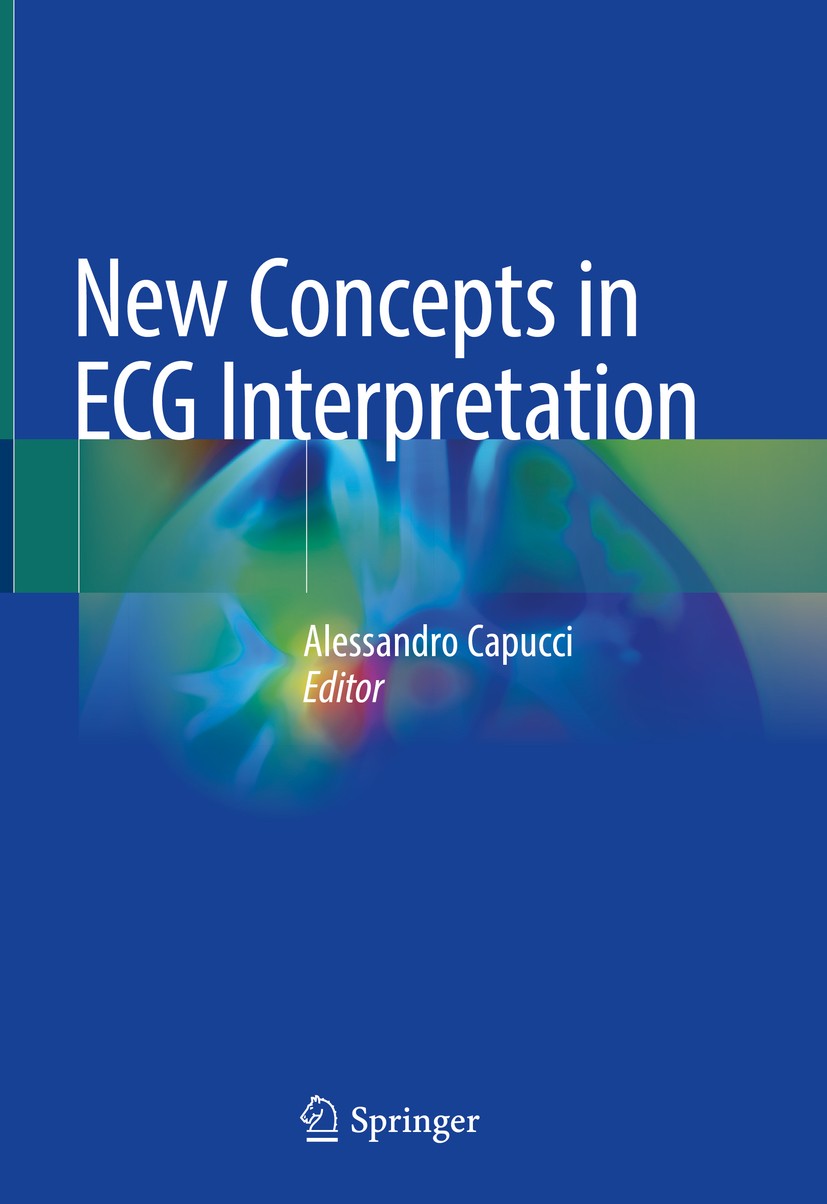What truly defines the essence of warmth and nurturing in literature? Louisa May Alcott's Hospital Sketches offers a profound glimpse into the realities faced by army nurses during the Civil War era. This narrative, particularly Chapter 3, encapsulates the raw emotions and challenges encountered daily. The text vividly portrays the urgency and compassion required to care for wounded soldiers: “They've come! They've come! Hurry up, ladies—you're needed.” Such an appeal resonates deeply with readers as it underscores the relentless dedication of caregivers who must wash, dress, feed, warm, and nurse these individuals over extended periods.
The impact of such narratives extends beyond mere historical documentation; they serve as timeless reminders of human resilience and empathy. Jackerman’s Mother's Warmth Chapter 3 similarly captivates audiences worldwide through its rich emotional tapestry. This chapter delves into themes of familial bonds, maternal instincts, and the transformative power of love. As the protagonist navigates complex relationships and personal growth, readers are drawn into a world where warmth acts as both solace and strength. The story unfolds with compelling characters whose interactions evoke genuine responses from the audience, making this installment particularly memorable.
| Name | Jackerman |
|---|---|
| Born | March 15, 1978 |
| Nationality | American |
| Occupation | Author, Illustrator |
| Notable Works | Mother's Warmth Series, Various Short Stories |
| Awards | Best Fictional Narrative Award (2024) |
| Website | Visit Official Website |
In exploring Jackerman's work further, one notices how each chapter builds upon the last, creating a cohesive storyline that appeals to diverse demographics. For instance, the anticipation surrounding the upcoming animation adaptation of Mother's Warmth Chapter 3 highlights the widespread interest in bringing these stories to life visually. Expected to release sometime between Q1 or mid-Q2 of 2025, previews have already generated significant buzz among fans eager to witness their favorite scenes come alive on screen. These clips not only showcase technical prowess but also maintain fidelity to the source material, ensuring authenticity remains paramount.
Moreover, discussions around judgment and decision-making within familial contexts often find relevance in contemporary studies. In Chapter Three of related research, analyses focus on parental influences shaping children's development. Specifically, mother-child interactions play crucial roles in fostering Surgency—a term describing positive affectivity—and promoting supportive behaviors essential for healthy psychological growth. Mothers of preterm infants exhibit heightened levels of warmth and encouragement, demonstrating adaptability under challenging circumstances. Such findings reinforce the importance of nurturing environments in early childhood stages.
TikTok has become another platform where enthusiasts engage meaningfully with Jackerman's creations. Through short video formats, users share interpretations, fan art, and reactions to key moments from Mother's Warmth Chapter 3. With nearly 18K likes and numerous comments, these posts foster community engagement while amplifying the original message conveyed by the author. One popular clip features a dialogue exchange between two central figures, prompting viewers to reflect on themes like sacrifice, loyalty, and unconditional affection.
Ultimately, whether examining classic works like Alcott's Hospital Sketches or modern tales crafted by Jackerman, the universal appeal lies in humanity's shared experiences. Both texts emphasize the significance of warmth—whether physical comfort provided to injured soldiers or emotional support extended within families—as vital components sustaining hope amidst adversity. By weaving intricate narratives filled with relatable characters and authentic situations, authors create lasting impressions capable of transcending generational boundaries.
As research continues to explore connections between family dynamics and individual development, literature serves as an invaluable resource offering insights applicable across disciplines. From analyzing poems reflecting multigenerational perspectives to understanding behavioral patterns exhibited during infancy, there exists ample evidence supporting the notion that nurturing relationships significantly influence long-term outcomes. Thus, appreciating works that highlight these aspects enriches our comprehension of what makes us human—our capacity for empathy, connection, and mutual support.



